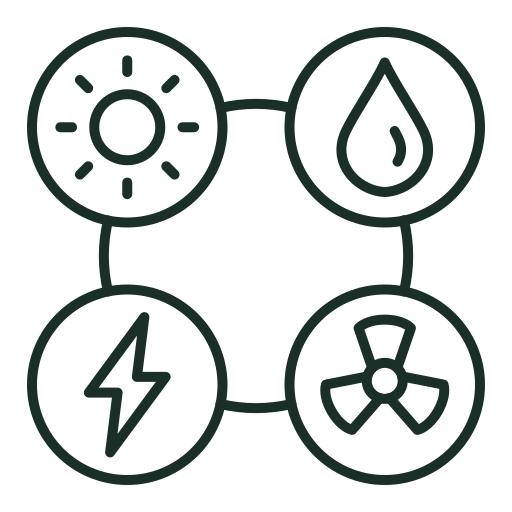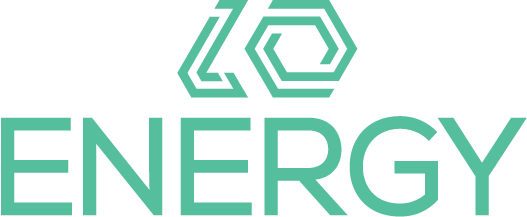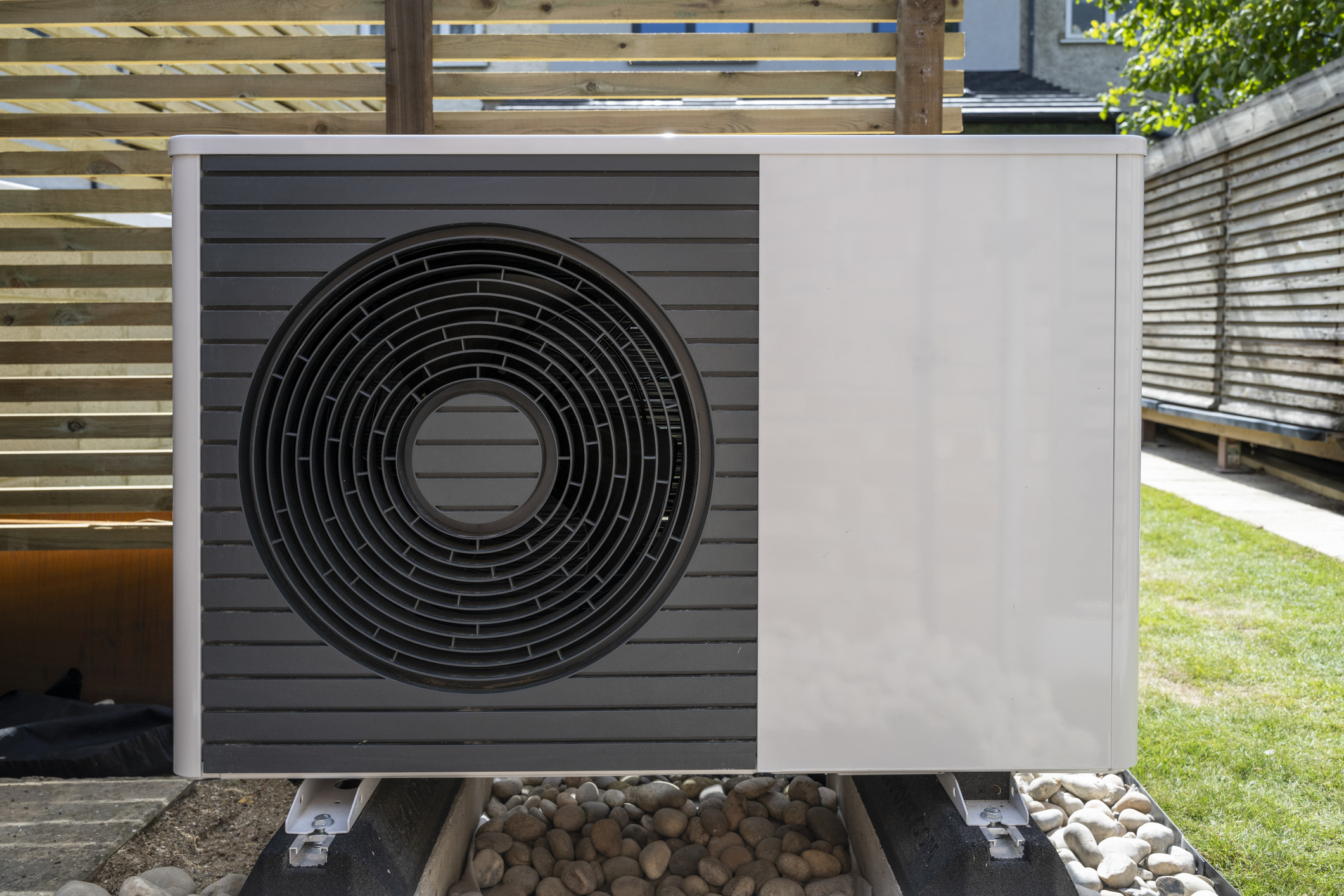Product Benefits

heat pumps are more energy-efficient, converting ambient air into heat with less energy input compared to gas boilers, which can lead to significant energy savings.

Due to their higher efficiency, heat pumps typically have lower operating costs, reducing monthly energy bills.

Heat pumps produce no carbon at point of use as they utilise renewable energy from the air, contributing to a reduced carbon footprint compared to gas boilers that burn fossil fuels.

Heat pumps can provide both heating and cooling, offering year-round climate control and increasing overall home comfort.

With increasing regulations on fossil fuel use and a shift towards renewable energy, installing a heat pump can future-proof your home against changing energy policies and rising fuel prices

In England and Wales, the Government has launched the Boiler Upgrade Scheme (BUS) which supports the decarbonisation of heat in buildings. It provides capital grants to support the installation of heat pumps in homes and non-domestic buildings.
Are Heat Pumps Suitable for Every Home?
Understanding Heat Pumps and Building Fabric
The suitability of heat pumps for different homes often sparks debate. One crucial factor is the building’s fabric. For instance, sitting by a large bay window made from a single brick layer can make you feel a significant temperature difference, even if the thermostat on the opposite wall reads 21°C. This scenario holds true whether the home is heated by a fossil-fuel boiler or a heat pump.
Importance of Thermal Efficiency and Energy Reduction
Improving your building’s thermal efficiency is essential. Equally important is reducing the amount of energy consumed. A properly designed heat pump system can heat any home effectively. However, this decision should balance cost, comfort, and specific needs.
Common Issues with Heat Pump Systems
If a heat pump system fails to heat a building adequately, the issue usually lies not with the heat pump itself but with the hydronics design or emitter selection. Traditional high-temperature systems can mask poor design and installation issues.
Our Expertise in Heat Pump Systems
As hands-on engineers with in-depth knowledge of hydronics, we ensure each installation meets the highest standards of quality and attention to detail. By being actively involved in every project, we guarantee the optimal performance of your low-temperature heat pump system.
Contact Us for Expert Heat Pump Installation
If you’re considering a heat pump for your home, contact us to discuss how we can provide a tailored solution that maximizes efficiency and comfort.

Ground Source or Air Source
Harnessing Solar Energy with Ground Source Heat Pumps
For millions of years, the sun has provided abundant energy to support life on Earth, much of which goes unused. By harnessing even a fraction of this energy to heat our homes, we can reduce reliance on fossil fuels and help protect our planet. Ground source heat pumps (GSHPs) offer an efficient solution to provide heating and hot water using the Earth’s natural energy.
The Basic Principles
The Earth absorbs heat from the sun continuously. While surface temperatures fluctuate seasonally, at depths below 1.5 metres, the ground temperature in England remains constant between 8 and 14°C year-round. Ground source heat pumps tap into this steady thermal energy to meet your domestic heating and hot water needs.
GSHPs operate on the same principle as a refrigerator’s cooling circuit but in reverse. They extract low-temperature heat from the ground or groundwater and “upgrade” it to a higher temperature to heat your home’s water for space heating and hot water. Typically, for every unit of electrical energy used, a GSHP can produce between 3 and 5 units of heat.
Closed-Loop Ground Source Heat Pumps
Closed-loop systems circulate an antifreeze solution through pipes buried in the ground. These loops can be installed horizontally in trenches or vertically in boreholes. The loop length depends on the heat pump’s size and the ground’s thermal conductivity. While there can be heat losses between the antifreeze solution, the loop-pipe, the grout, and the ground, closed-loop systems can be installed anywhere in the country.
Open-Loop Ground Source Heat Pumps
Open-loop systems are the most efficient type of ground source heat pump. They extract heat directly from groundwater, typically drawn from an aquifer. With no heat losses between surfaces, these systems are highly efficient. Water is pumped through the heat pump, cooled by approximately 5°C, and then returned to the ground to regain heat. The extracted heat is raised in temperature using compressors and delivered to your home’s hot water and heating systems, achieving temperatures up to 65°C.
Contact Us for Sustainable Heating Solutions
Explore how ground source heat pumps can provide a reliable, efficient, and eco-friendly heating solution for your home. Contact us today to learn more about our GSHP systems and find the best option for your needs.




